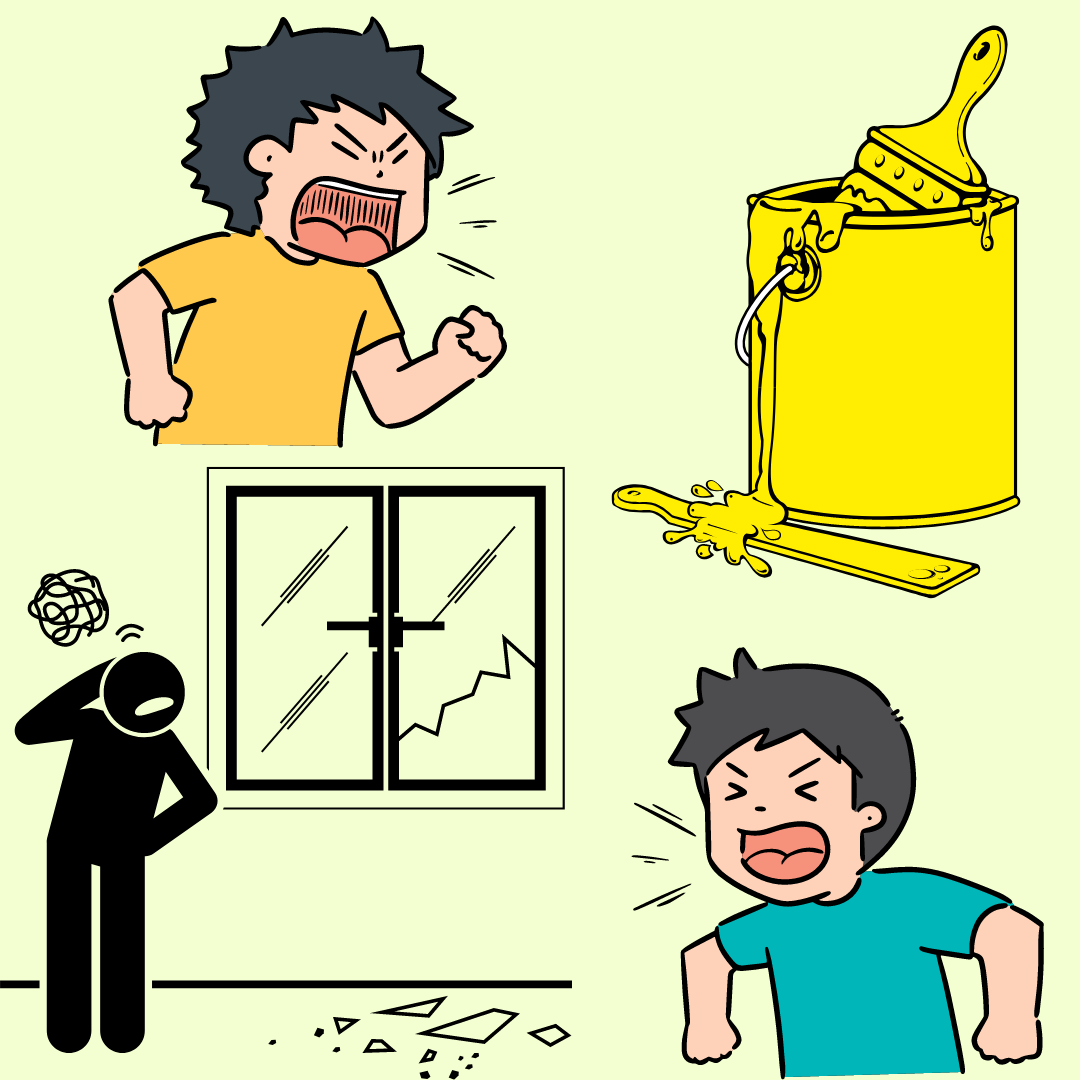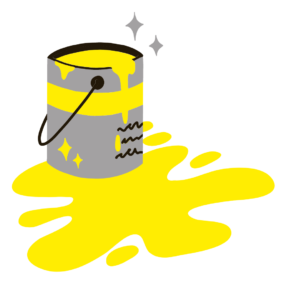The War At Work – A Short Story


Marty eyed Maxwell angrily as the latter stacked newly arrived books on his shelves. “Why, Maxwell,” said Marty through gritted teeth, “it seems as though your orders arrived first. Again. Imagine that!”
Maxwell preened proudly. “Yes, it appears that my papers arrived first. Perhaps you could endeavor to be as nice as me; then, perhaps people would deliver papers to you too.”
Marty glowered at the blank notebook on his desk. At Briggs and Regina Publishing, great precedence was given to brainstorming, the creative process, and collaboration. When Dr. Briggs and Dr. Regina discovered that two of their brilliant employees simply did not get along with others, they decided to intervene. To force civility from both parties was their strategy, and that was how Marty and Maxwell  found themselves sharing an office.
found themselves sharing an office.
However, Marty was staunchly a fly-it-solo person. Maxwell was cramping his creativity. This simply wouldn’t do.
“Maxwell!” He cried, slamming the book shut. “I declare War!”
“What?” Asked Maxwell, who wasn’t listening. “What do you want?”
“War!” Marty repeated. “The winner gets an individual office just for themselves.”
Maxwell considered. This would be a misallocation of time, but imagine a lone office…
“Done,” agreed Maxwell. Little did he know that that would be the last time he would agree with Marty for a long time.
The wise old copy machine mechanic of the office peeped her head in the door at just that moment. “Careful,” warned she, “war always involved collateral damage.”
But neither Marty nor Maxwell took heed.
The next morning, Maxwell reached early to the office. He tied a rope to a brick.
He swung the brick round and round like Miss Trunchbull swings Amanda Thripp in Roald Dahl’s Matilda. As he swung, the brick knocked papers, a water bottle, a piggy bank, and a vase from his own desk, but Maxwell was heedless. Finally, he let it go; with a crash, the brick smashed Marty’s window and fell into the field below. When Marty arrived to work, a cold wind had filled his side of the office. This only served to fuel his wrath more. When Maxwell had gone to lunch, Marty stealthily opened a can of paint that he’d discovered half-used in his garage the night before.  He took a wide paintbrush from his briefcase and lathered lemon-yellow paint liberally all over Maxwell’s desk, walls, and spinning chair. He was quite unconscious of the paint dripping over his suit as well. When Maxwell returned, Marty was already hard at work again. Maxwell was simmering with anger – his desk was hideously messy now.
He took a wide paintbrush from his briefcase and lathered lemon-yellow paint liberally all over Maxwell’s desk, walls, and spinning chair. He was quite unconscious of the paint dripping over his suit as well. When Maxwell returned, Marty was already hard at work again. Maxwell was simmering with anger – his desk was hideously messy now.
The next day, as Marty dozed in the warmth of the afternoon sun which filtered through the glass window behind his desk, Maxwell carefully snipped a huge swipe of hair off his (Marty’s) head. Marty, on the following morning, poured salt into Maxwell’s coffee (he was quite aware that Maxwell drank the coffee in a single gulp).
Others who worked in the office noticed the utter breakdown of Marty and Maxwell. On the first day, Maxwell and Marty left the office more and less covered in yellow paint. On day two, shrieks were heard as Marty discovered his missing swipe of hair. On day three, shrieks were heard again as Maxwell drank salty coffee in a gulp. On day four, Thim and Pico, who occupied the nearest offices, saw that an inch of water had filled the hallway. Someone had activated the ceiling sprinklers.
On the last day of the first week of the War at Work, the wise old copy machine mechanic stormed in and yelled, “STOP!” 
The two warring in the office froze. Maxwell had removed his shoes and had snuck silently over to Marty’s desk to write silly sentences on every sheet of white paper loaded in Marty’s printer. Marty was lining Maxwell’s unguarded shoes with superglue and pressing them firmly on the old carpet to stick the shoes there, presumably forever.
They looked nervously at the copy mechanic.
“Just look at this place!” she cried.
A window was broken, yellow paint and papers were everywhere, both of their clothes were ruined, the carpet was a mess, utter chaos reigned in the office, and no one had gotten any work done at all.
Marty and Maxwell looked at each other sheepishly, before Maxwell gave a puff of rage as he realized what Marty was doing.
 “See,” said the wise old mechanic, “declaring war in any sense causes damage for both or all parties involved. Of course, as humans, we get angry, we fight, we frown, we sulk. But it is important for us to realize that cooperation and collaboration are crucial to our success and survival. We aren’t a species of individuals – whether, for work or personal happiness, we depend on a support network of individuals. Fighting incurs collateral damage, as I warned you once before.”
“See,” said the wise old mechanic, “declaring war in any sense causes damage for both or all parties involved. Of course, as humans, we get angry, we fight, we frown, we sulk. But it is important for us to realize that cooperation and collaboration are crucial to our success and survival. We aren’t a species of individuals – whether, for work or personal happiness, we depend on a support network of individuals. Fighting incurs collateral damage, as I warned you once before.”
“But we’ve never gotten along,” said Marty. “I work much better alone.”
“So do I,” said Maxwell angrily.
“Well,” said the old mechanic, “That’s something you’ve got in common; don’t you see? While your principles may be radically different and your ideas may differ on every idea imaginable, you have a shared thread. While you might go about a task differently, the same things motivate your actions. We all act out of a desire to serve ourselves, care for our families, or perhaps to do good for the greater communities. It is when we think we are doing something good, and others aren’t that misunderstanding breeds discord.”
The two fighters understood the gravity of the lesson and, with a look of thankful understanding at the wise old one, shook hands.
“I’ll print out a friendship contract to sign right away!” said Marty.
“Um,” began Maxwell, “I wouldn’t…”








